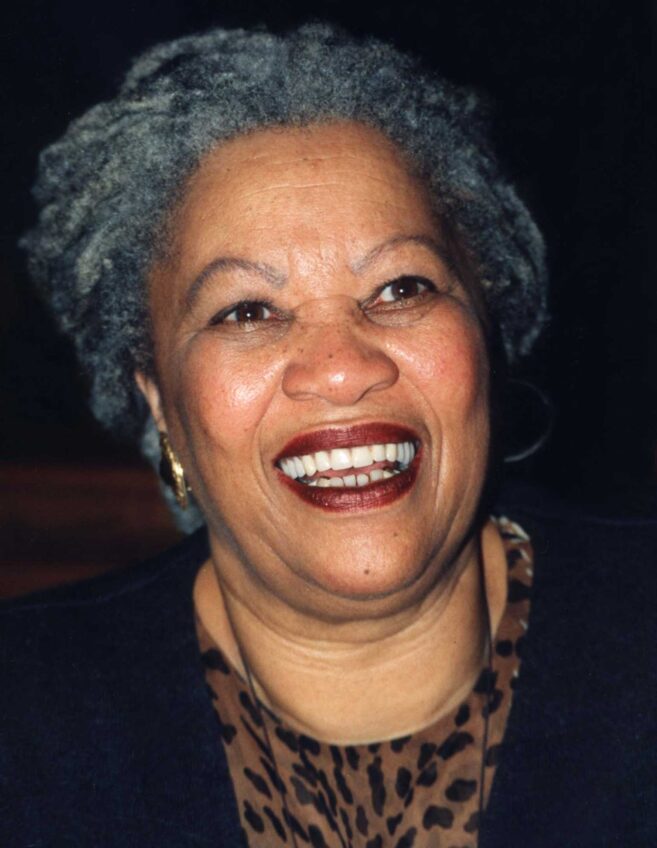Boston has reason to celebrate the outcome of the recent mayoral preliminary election. The race brought out a large and diverse field of candidates, and we are now headed to a historic November general election between two accomplished candidates, both of whom identify as women of color. The election is a significant milestone in Boston history.
Yet even while we celebrate this milestone, we should not turn a blind eye to the clear deficiencies of the city’s current election system, exposed this year and in years past. For the second open-seat mayoral race in less than a decade, Boston failed to nominate a Black candidate to the general election. As others have noted, this was partly due to lower turnout in the city’s more diverse neighborhoods and partly to vote-splitting among Black candidates.
Fortunately, these are both problems that can be avoided with a simple fix. Boston can create more fair and inclusive city elections by eliminating the low-turnout September preliminary election and adopting ranked choice voting for its November general election instead. Ranked choice voting gives voters the power to rank candidates on the ballot in order of preference: first choice, second choice, and so on. It’s a bit like a more efficient version of the current system. Where the current system asks voters for the first choice in September, and if that candidate is eliminated, for their backup choice in November, ranked choice voting lets voters mark both choices on a single ballot, in a single trip to the polls.
Ranked choice voting offers several key improvements over the current system.
First, the city can save substantial money by dropping the preliminary.
Second, preliminary elections have very low turnout, and statistically, the lower the turnout in an election, the more wealthy and white the electorate becomes. In last month’s preliminary, there was a 10-point gap between the most diverse and least diverse voting precincts. Ranked choice voting would also give voters more reasons to turn out in November, as more voices and choices would be on the general election ballot. It would include and engage more voters in the process with a single, higher-turnout election.
Third, concerns about vote-splitting go away when voters can rank their backup choices. The admonishments that black voters should have ignored their true preferences and lined up behind a single candidate in the preliminary, as occurred both in 2013 mayoral race and this year, are paternalistic and undemocratic. With ranked choice voting, votes that would otherwise be split coalesce naturally behind a single candidate, without the need to bully voters to cast an insincere vote or strong-arm potential “spoiler” candidates to step aside.
Lastly, ranked choice voting encourages candidates to run more positive campaigns. We all saw the negative attacks between the Janey and Campbell camps. Unfortunately, that strategy is logical under the current system: When two candidates risk splitting the vote, the best tactic is often to tear each other down. Under ranked choice, those campaigns would have had a greater incentive to reach out positively to their respective bases, to earn more second choice spots. While the ranked choice voting ballot question fell short statewide last year, Boston voters did vote in favor, as did voters in more than 80 other communities across the Commonwealth. Two of these Massachusetts cities will be holding ranked choice voting elections this November, and at least three other cities and towns are actively pursuing adoption for their local elections, as well.
Nationwide, use of ranked choice voting continues to accelerate, with more than 50 jurisdictions across the country to hold a ranked choice election this year or next. As Boston continues to strive for greater equity and inclusion, the preliminary election system should not avoid scrutiny. Replacing the preliminary with ranked choice voting in the general election would include more voters in the final decision, give voters more reasons to turn out in November, eliminate the problem of “vote-splitting,” encourage positive campaigning — and save us all a few bucks, too. We call on those who are elected to our city council and mayor’s office next month to commit to bringing this important improvement in our democracy to Boston.
Cheryl Clyburn Crawford is executive director of MassVOTE, first vice president of the NAACP Boston Branch and a Voter Choice Massachusetts board member. Reverend Vernon K. Walker is a member of the Massachusetts Democratic State Committee and Advisory Board Member of Rank the Vote.




